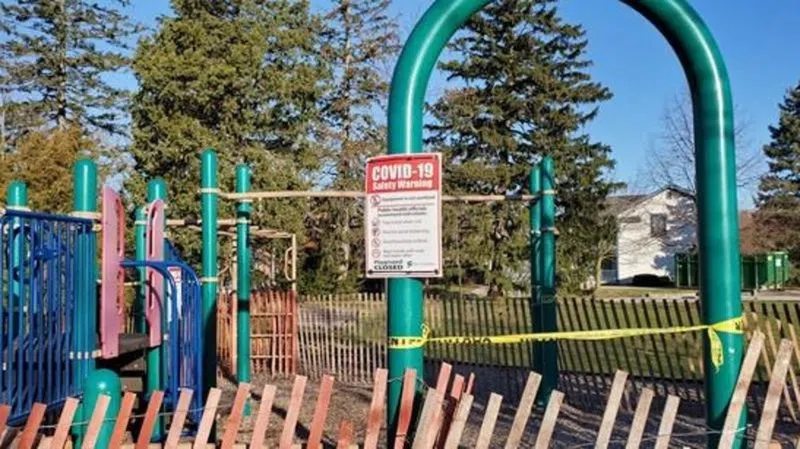
Institutions strive to capture COVID-19 history through eyes of everyday people
As the country grapples with a pandemic that is radically reshaping every aspect of public and private life, institutions across Canada are striving to capture the historic shift through the eyes of everyday people.
Universities, public archives and other organizations are collecting records of daily life during COVID-19, soliciting submissions from residents while the public health emergency unfurls rather than years after it’s ended.
From photos of empty grocery store shelves to lyrics of songs written in self-isolation, these documents and stories will offer future generations an intimate glimpse into a pivotal time in modern Canadian history, ideally without the filter of hindsight, the organizations say.
But those living through the pandemic now can also draw comfort and insights from seeing how others experience this period of collective uncertainty, they say.


